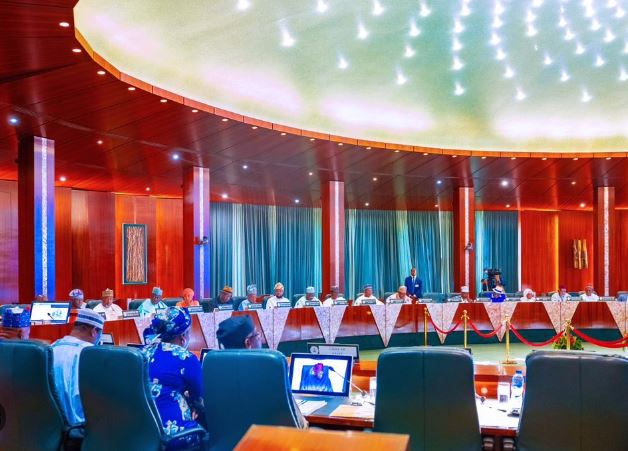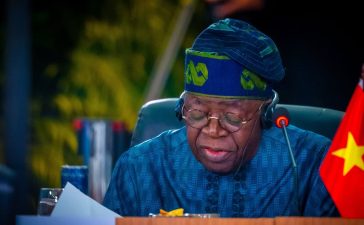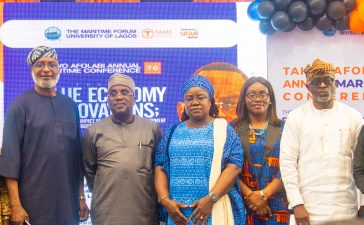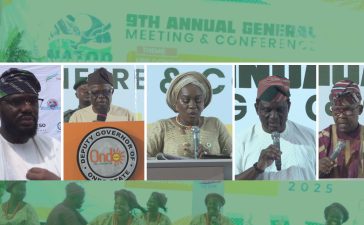The Federal Executive Council (FEC) has given the go ahead for the allocation of N1.267 trillion towards the construction of 28 roads and bridges across Nigeria. This landmark decision was announced by Works Minister Dave Umahi and Federal Inland Revenue Service (FIRS) Chairman Zacch Adedeji following the FEC’s meeting in Abuja.
Presided over by President Bola Ahmed Tinubu, the FEC also sanctioned the establishment of the Renewed Hope Infrastructure Development Fund (RHIDF) aimed at addressing the nation’s substantial $878 billion infrastructure deficit.
Umahi disclosed that among the approved projects, N144 billion has been earmarked for the Shaki-Okerete Road in Oyo State, while N83.779 billion will be allocated for the construction of the Buruku Bridge in Katsina Ala, Benue State. Notably, one project, the N158 billion Biu-Kanga-Kana-Gaya Road leading to the Niger Republic border, was temporarily set aside based on the minister’s request for further review.
During the briefing, Umahi stated, “Today, the Federal Executive Council considered and approved a total of 28 roads and bridges and stepped down one project.” He explained the decision regarding the Biu-Kanga-Kana-Gaya Road, emphasizing the need for a thorough reassessment before final approval. He further assured that the projects totaling N1.267 trillion had undergone rigorous scrutiny by the Bureau for Public Procurement (BPP) and received certification without objection.
The approval of these infrastructure projects underscores the government’s commitment to addressing critical infrastructure needs across the nation. By investing in key transportation and connectivity initiatives, the government aims to stimulate economic growth, enhance regional integration, and improve the overall well-being of citizens.
The establishment of the Renewed Hope Infrastructure Development Fund reflects a strategic approach to bridging Nigeria’s infrastructure gap, signaling a concerted effort to attract investment and foster sustainable development.
As these projects move forward, stakeholders anticipate significant socio-economic benefits for communities, increased employment opportunities, and a bolstered infrastructure framework conducive to national progress and prosperity.






